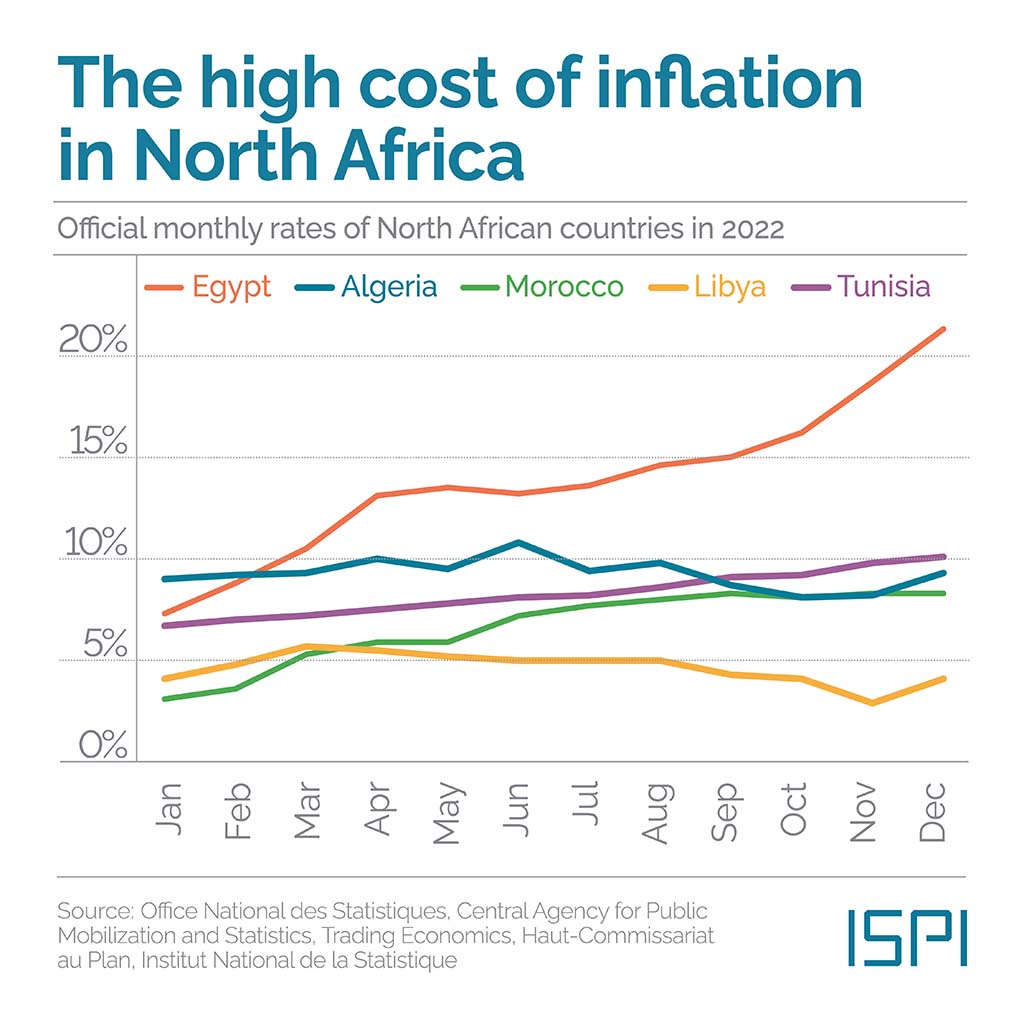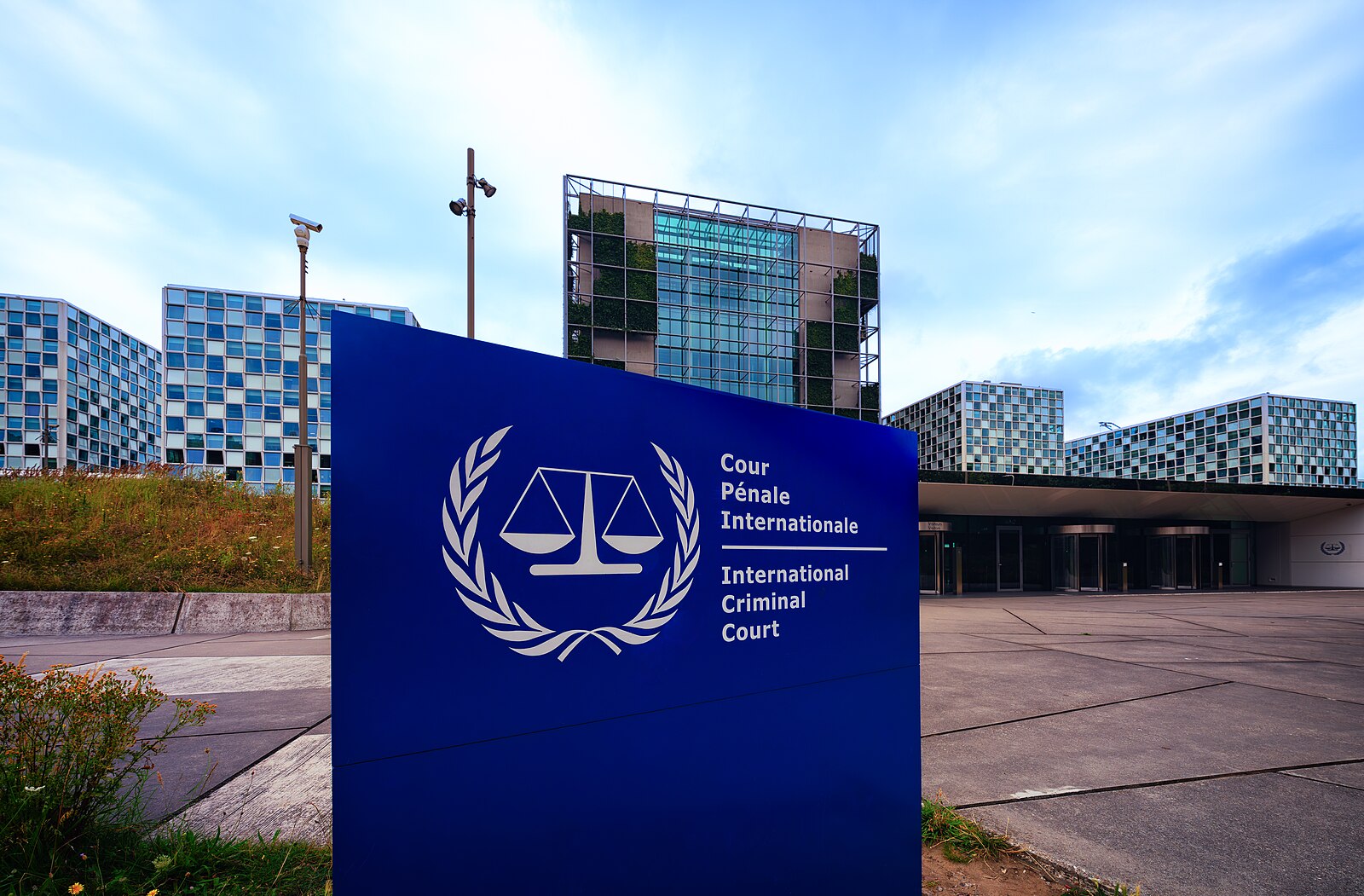Executive Summary: Human Rights Litigation and the Pursuit of SDG 16
This report analyzes the legal and human rights challenges stemming from the post-September 11, 2001 “War on Terror,” as articulated through the work of human rights lawyer Alka Pradhan. Her efforts to defend detainees, challenge extrajudicial killings, and demand governmental accountability directly address critical targets within the Sustainable Development Goals (SDGs), particularly SDG 16 (Peace, Justice and Strong Institutions). The report details how counterterrorism policies have systematically undermined the rule of law, impeded access to justice, and weakened institutional transparency, thereby obstructing progress toward a peaceful, just, and inclusive society.
Challenges to SDG 16: Peace, Justice and Strong Institutions
The post-9/11 legal framework has presented significant obstacles to achieving SDG 16. The actions taken under the guise of national security have often run counter to the goal’s core targets of promoting the rule of law, ensuring equal access to justice, and building accountable institutions.
Erosion of the Rule of Law and Access to Justice (SDG 16.3)
The establishment of the Guantánamo Bay detention camp and the associated military commissions exemplify the degradation of legal principles. These systems have failed to provide justice for victims of the 9/11 attacks and have simultaneously violated the rights of the accused, directly contravening the objective of ensuring equal access to justice for all.
- Denial of Fair Trials: The use of evidence obtained through torture has rendered fair trials impossible, a fundamental violation of due process. The suppression of such evidence in some cases highlights its illegitimacy, yet its continued promotion by prosecutors undermines the credibility of the judicial process.
- Weakened Legal Protections: The legal framework created post-9/11 has allowed for abuses, such as secret detention and torture, to occur without punishment, violating both domestic and international law.
- Failure of International Accountability: The United States’ rejection of oversight from bodies like the International Criminal Court (ICC) for crimes committed by its personnel demonstrates a refusal to adhere to international legal standards, weakening the global system for justice.
Lack of Institutional Accountability and Transparency (SDG 16.6)
A primary barrier to justice has been the lack of accountability for government agencies, particularly the Central Intelligence Agency (CIA). This failure to develop effective and transparent institutions has perpetuated a cycle of impunity.
- State Secrets Privilege: The consistent use of the State Secrets Privilege by successive administrations has been the primary mechanism to shield the CIA from accountability, preventing lawsuits from torture victims from proceeding in court.
- Expansion of Executive Power: The executive branch has progressively expanded its power since 9/11, operating with diminished constitutional oversight. This trend, originating from the policies at Guantánamo, poses a direct threat to the development of accountable governance.
- Public Apathy: A lack of public understanding and engagement regarding the ongoing injustices at Guantánamo has enabled the continuation of these policies, highlighting a failure in responsive and participatory decision-making (SDG 16.7).
Impact on SDG 10: Reduced Inequalities
The implementation of counterterrorism policies has been linked to discriminatory practices, exacerbating inequalities and undermining the principles of SDG 10.
Discriminatory Practices and National Security Narratives (SDG 10.3)
The narrative used to justify facilities like Guantánamo Bay has been rooted in discriminatory and racist foundations. The labeling of detainees as the “worst of the worst” served as a post-hoc justification for the facility, a narrative that would be untenable if the detainees were of Western European origin. This propaganda-driven approach obstructs the goal of eliminating discriminatory policies and ensuring equal opportunity and justice for all, irrespective of origin or religion.
The Role of Global Partnerships in Advancing Justice (SDG 17)
Despite significant barriers, international cooperation and multi-stakeholder partnerships remain crucial tools for advancing accountability and upholding human rights, in line with the spirit of SDG 17.
Strengthening Justice through International Cooperation (SDG 17.16)
- International Human Rights Bodies: While often unable to enforce direct penalties on powerful states, international bodies and Special Rapporteurs play a vital role. They provide official recognition of harm, which is a valuable form of accountability for victims.
- Civil Society Collaboration: Partnerships with organizations such as the European Center for Constitutional and Human Rights (ECCHR) enable legal challenges against governments for complicity in torture and surveillance, building jurisprudence that can outlast the current political climate.
- Knowledge Sharing: The development and promotion of resources like the Mendez Principles on Effective Interviewing for Investigations represent a key multi-stakeholder effort to share expertise and strengthen the capacity of legal and judicial systems globally to prevent torture.
Conclusion: A Call for Renewed Commitment to Sustainable Development
The legal and moral decisions made during the “War on Terror” have inflicted lasting damage on democratic principles and the international rule of law. The failure to correct these policies has led to a state of normalized impunity and eroded the foundations of just and accountable governance. Future generations are likely to condemn the collective failure to safeguard democratic institutions against the expansion of executive power and the perpetuation of injustice. A renewed commitment to the principles of SDG 16 is imperative, requiring dedicated efforts at both local and international levels to ensure justice, uphold human rights, and build the effective, accountable, and inclusive institutions necessary for a sustainable future.
1. Which SDGs are addressed or connected to the issues highlighted in the article?
The primary SDG addressed throughout the article is SDG 16, which focuses on promoting peaceful and inclusive societies for sustainable development, providing access to justice for all, and building effective, accountable, and inclusive institutions at all levels. The issues of illegal detention, torture, lack of fair trials, government accountability, and the rule of law are central to this goal.
-
SDG 16: Peace, Justice and Strong Institutions
The article is fundamentally about the breakdown of justice and the weakening of institutions in the context of the “War on Terror.” Alka Pradhan’s work, as described, directly confronts violations related to this goal. She challenges the lack of accountability for government agencies like the CIA, fights for fair trials for detainees at Guantánamo Bay, and critiques the expansion of executive power that undermines legal and constitutional protections. The discussion on drone strikes killing civilians and the failure to provide justice for victims also directly relates to the “peace” and “justice” components of SDG 16.
2. What specific targets under those SDGs can be identified based on the article’s content?
Several targets under SDG 16 are directly relevant to the specific problems and actions described in the article.
-
Target 16.1: Significantly reduce all forms of violence and related death rates everywhere.
This target is relevant to the discussion of US drone strikes. The article mentions Pradhan’s work representing “victims of drone strikes,” specifically citing the case of a grandmother in Waziristan, Pakistan, who was “murdered by a US drone.” This highlights lethal violence against civilians as a direct consequence of counterterrorism operations.
-
Target 16.3: Promote the rule of law at the national and international levels and ensure equal access to justice for all.
This is the most prominent target in the article. Pradhan’s entire career is portrayed as a fight to uphold the rule of law. Specific examples include:
- Challenging how “post-9/11 policies weakened legal protections” and “violated international law.”
- Fighting for clients at Guantánamo where “fair trials are no longer possible” due to torture.
- Opposing the use of the “State Secrets Privilege” which is used “to throw out any cases brought by CIA victims,” thereby denying them access to justice.
- Working to suppress “torture-acquired evidence” in military commissions, a key principle for a fair justice system.
-
Target 16.6: Develop effective, accountable and transparent institutions at all levels.
The article critiques the lack of accountability and transparency in US government institutions. It points out that the “primary mechanism to shield the CIA from accountability has been the sweeping use of the State Secrets Privilege.” Pradhan’s call for the government to “defend it in court, in public” is a demand for transparency and accountability. The article also mentions how each president since 9/11 has “expanded executive power,” indicating a move away from accountable governance.
-
Target 16.a: Strengthen relevant national institutions, including through international cooperation, to build capacity at all levels… to prevent violence and combat terrorism and crime.
This target is addressed in the context of both its failure and potential solutions. The article notes that instead of cooperating with international bodies, the “US instead sanctioned the ICC” for investigating its actions. Conversely, Pradhan’s work on the “Mendez Principles” is a form of international cooperation aimed at strengthening judicial processes by promoting ethical and effective interviewing techniques as an alternative to torture.
-
Target 16.b: Promote and enforce non-discriminatory laws and policies for sustainable development.
The article implies that counterterrorism policies are applied in a discriminatory manner. Pradhan states that “Much national security theater is rooted in racism” and asserts, “I guarantee that if the men held there were white western Europeans, Guantánamo would not exist.” This suggests that the legal frameworks and detentions are based on discriminatory profiling rather than impartial justice.
3. Are there any indicators mentioned or implied in the article that can be used to measure progress towards the identified targets?
The article implies several qualitative and quantitative indicators that could measure progress towards the identified targets.
-
For Target 16.1 (Reduce violence):
- Indicator: Number of civilian deaths resulting from counterterrorism operations. The article’s focus on “drone strikes that killed civilians” and the specific case of the “grandmother murdered by a US drone” implies that tracking and reducing such incidents is a key measure of progress.
-
For Target 16.3 (Rule of law/Access to justice):
- Indicator: Number of legal cases involving torture victims that are allowed to proceed in court. The article highlights that the “State Secrets Privilege” is used “to throw out any cases brought by CIA victims.” A decrease in the use of this privilege would indicate greater access to justice.
- Indicator: Admissibility of evidence obtained through torture in judicial proceedings. The article mentions a judge’s ruling “to suppress my client’s torture-acquired statements.” The frequency of such rulings and the establishment of legal precedents against using such evidence would be a measure of a stronger rule of law.
-
For Target 16.6 (Accountable institutions):
- Indicator: Number of independent investigations and prosecutions of government officials for crimes such as torture. The article laments the lack of accountability for the CIA and the US sanctioning the ICC for attempting to investigate, implying that the initiation of such investigations would be a sign of progress.
-
For Target 16.b (Non-discrimination):
- Indicator: Analysis of the demographic profile (nationality, ethnicity) of individuals detained without charge in counterterrorism contexts. Pradhan’s statement that Guantánamo would not exist if the detainees were “white western Europeans” suggests that examining the racial and ethnic composition of detainees is a way to measure the presence of discriminatory policies.
4. Table of SDGs, Targets, and Indicators
| SDGs | Targets | Indicators Identified in the Article |
|---|---|---|
| SDG 16: Peace, Justice and Strong Institutions | 16.1: Significantly reduce all forms of violence and related death rates everywhere. | Number of civilian casualties from counterterrorism operations (e.g., “civilians in Pakistan” killed by “drone strikes”). |
| SDG 16: Peace, Justice and Strong Institutions | 16.3: Promote the rule of law at the national and international levels and ensure equal access to justice for all. |
|
| SDG 16: Peace, Justice and Strong Institutions | 16.6: Develop effective, accountable and transparent institutions at all levels. |
|
| SDG 16: Peace, Justice and Strong Institutions | 16.a: Strengthen relevant national institutions, including through international cooperation… | Level of cooperation with international judicial bodies (e.g., not “sanctioning the ICC”) and adoption of international standards like the “Mendez Principles.” |
| SDG 16: Peace, Justice and Strong Institutions | 16.b: Promote and enforce non-discriminatory laws and policies for sustainable development. | Demographic analysis of detainees to identify racial or ethnic bias in detention policies (based on the claim that “national security theater is rooted in racism”). |
Source: jurist.org







